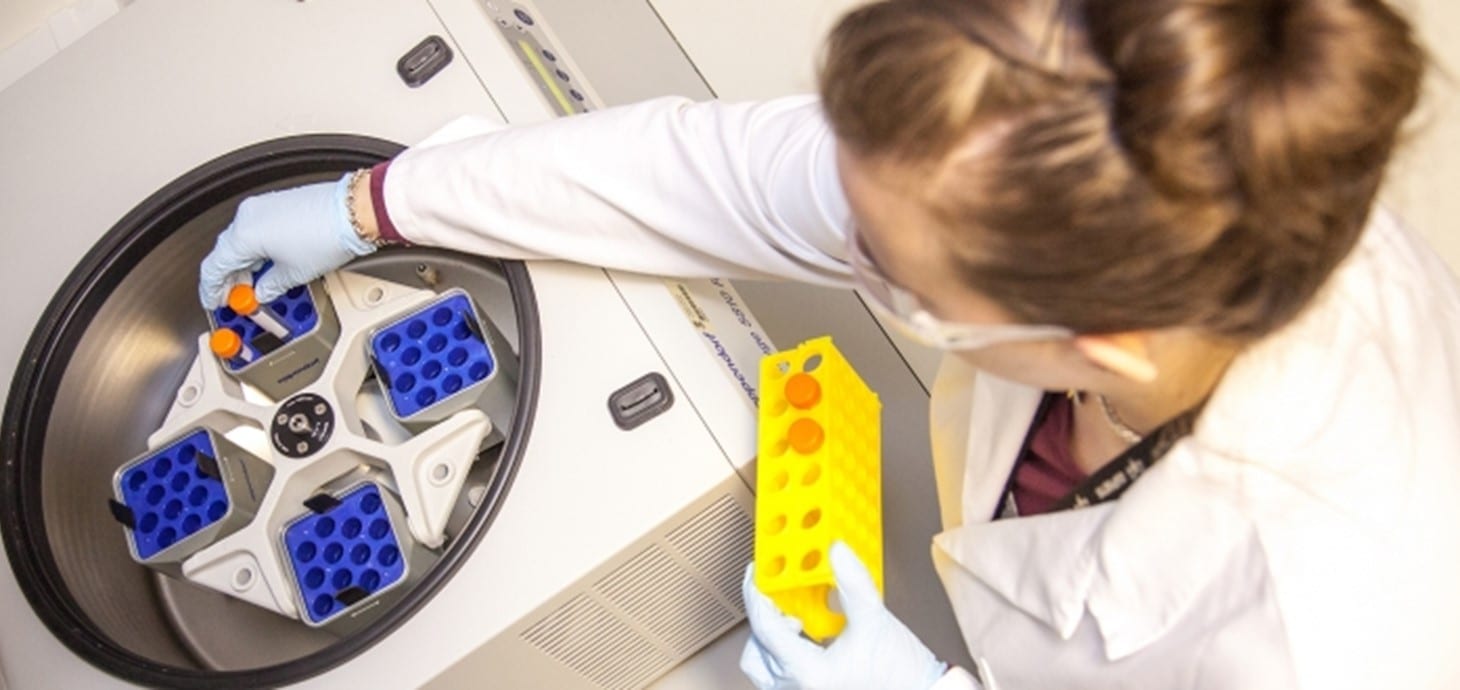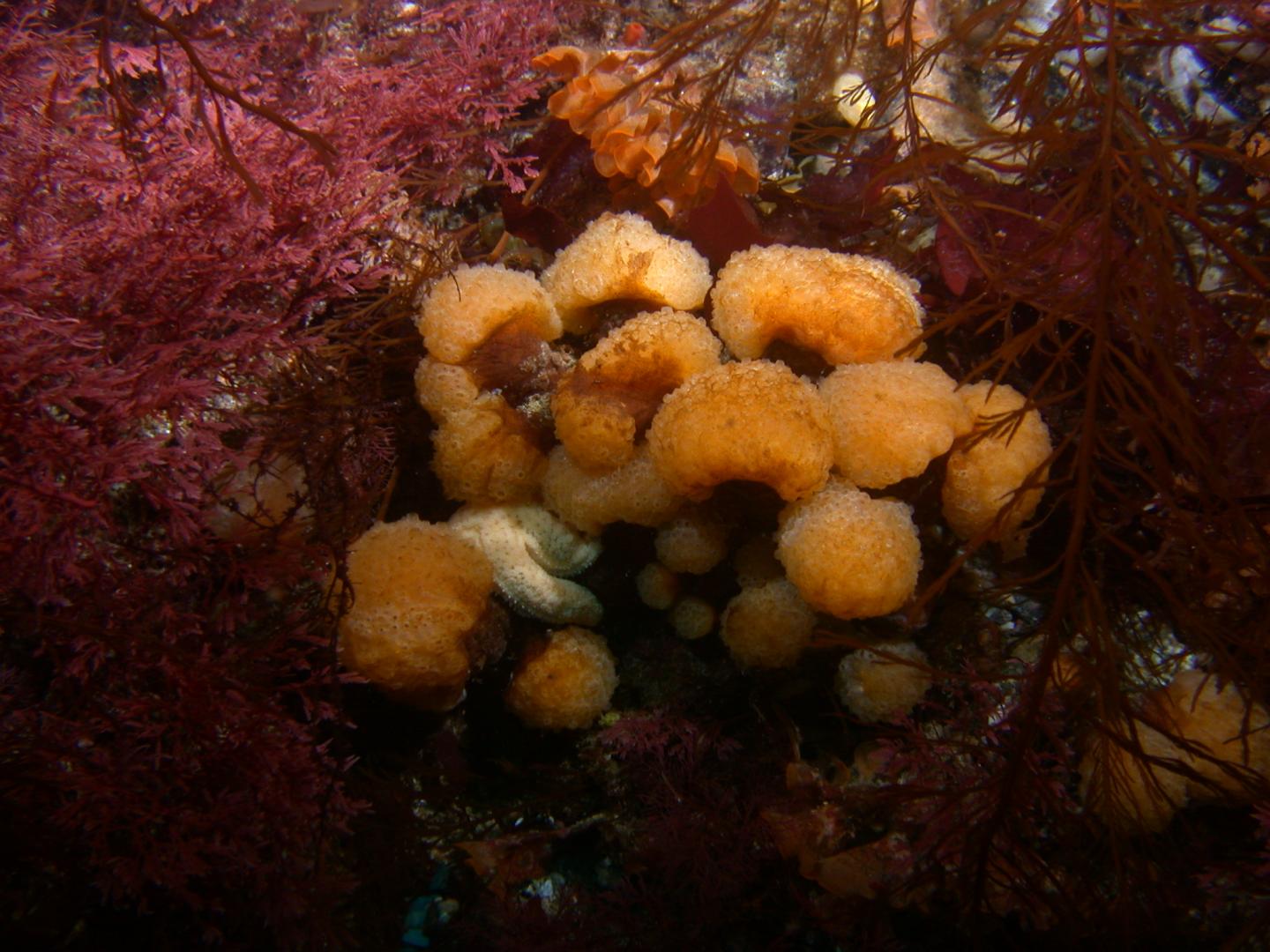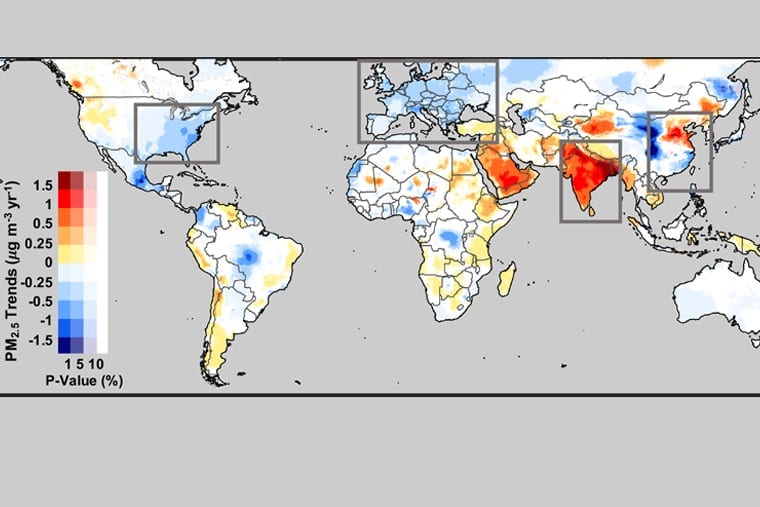
via Swansea University
A research team at Swansea University have developed a new method for fast removal and detection of wastewater pollutants that come from everyday pharmaceuticals like paracetamol, ibuprofen and aspirin, which could help minimise their impact on the environment.
The all-female team of (bio)chemists from the Medical School, in collaboration with Biotage, an international company with presence in in Ystrad Mynach, have published the research in Analytical Science Advances. The research outlines how they successfully developed a single process for separating and quantifying a wide range of different pharmaceuticals and chemicals from personal care products found in everyone’s bathrooms that can end up in wastewater sludge and blood plasma. The new method will speed up our understanding of which pollutants may be released and could help reduce the negative effects they have on the wider environment.
First author Dr Rachel Townsend said: “Many people don’t really think about what happens to these drugs once they’ve taken them. Like any foodstuff, once a drug has been taken, it is excreted from the body and ends up in a wastewater treatment plant.
“It was thought that pharmaceuticals were degraded during the treatment process, but research has shown this isn’t the case. And of course this becomes a problem as the treated wastewater is released into water courses such as rivers and streams, while 80% of treated sludge is also recycled back onto agricultural land as fertiliser and potentially onto future food crops.”
There have been global reports of the adverse effects of pharmaceuticals on the animal kingdom. Diclofenac, for example, a non-steroidal anti-inflammatory has caused multiple species of vulture in Asia to become critically endangered, while the Indian long-billed vulture and red-headed vulture populations have decreased by 97-99%. The female contraceptive pill has caused the feminisation of male fish, which has caused populations to decrease rapidly over 2 years. There are also concerns that that sludge used in agriculture could impact on human health too.
The team have pioneered one process that uses a sample preparation method, called QuEChERS, with mass spectrometric detection. Using this process, they were able to detect, extract and quantify a range of pharmaceutical compounds and personal care products from a variety of sources, such as wastewater sludge, where previously multiple extraction methods were needed, making it more efficient in time and resources needed.
The researchers could then get a clearer picture of the factors controlling how antimicrobial resistance develops and spreads in the community, and this knowledge has the potential to help safeguard water quality, the environment and health.
The Latest Updates from Bing News & Google News
Go deeper with Bing News on:
Removal and detection of wastewater pollutants
- Facility seen polluting Malaysian river part of anti-pollution program promoted by US plastics industry
A plastics facility accused of polluting a Malaysian river is tied to Operation Clean Sweep, an anti-pollution program promoted by the U.S. plastics industry.
- EPA limits 4 types of power plant pollution with sweeping rulemaking
On Thursday, the Environmental Protection Agency announced a suite of new rules aimed at dramatically reducing pollution from coal and natural gas fired power plants.
- Micron would bring a new era of manufacturing to Central NY – and fears of new pollution
Micron Technology plans to build a semiconductor manufacturing complex on this site in the town of Clay, at the northeast corner of Route 31 and Caughdenoy Road. The company says it will break ground ...
- Plugging the leak on laundry pollution
Joaquim Goes, an ocean biochemist at Columbia Climate School's Lamont-Doherty Earth Observatory, had to look twice when he first saw the tiny strands of fiber floating in a water sample from the ...
- Ceredigion: River Teifi pollution cut hopes with wastewater plan
Extending a wastewater treatment works will reduce the amount of pollution in the River Teifi in west Wales, Welsh Water has claimed. At the moment the Cardigan wastewater treatment works in ...
Go deeper with Google Headlines on:
Removal and detection of wastewater pollutants
[google_news title=”” keyword=”removal and detection of wastewater pollutants” num_posts=”5″ blurb_length=”0″ show_thumb=”left”]
Go deeper with Bing News on:
Pharmaceuticals pollution
- Pollution News
Exposure to Air Pollution During the First Two Years of Life Is Associated With Worse Attention Capacity in Children Apr. 17, 2024 — A growing body of research shows that exposure to air ...
- Elite Pharmaceuticals, Inc. (ELTP)
Elite Pharmaceuticals, Inc. (PNK:ELTP) Q3 2024 Earnings Call Transcript February 15, 2024 Elite Pharmaceuticals, Inc. isn’t one of the 30 most popular stocks among hedge funds at the end of the ...
- Suffolk's high ozone levels cited in American Lung Association report
Suffolk air violated the EPA's ozone standard of 70 parts per billion for 25 days in a period covering 2020 to 2022, according to a new report.
- Lawyers in PFAS water pollution settlements win $956 mln fee award
April 23 (Reuters) - A U.S. judge on Tuesday awarded over $956 million in legal fees to plaintiffs’ lawyers who secured two settlements worth more than $11 billion with major manufacturers of ...
- England’s chalk streams were millions of years in the making. Can they survive today?
There are fewer than 300 of these streams on the planet, and they’re teeming with life. But in recent years, detergents, microplastics, and other waste have taken a toll.
Go deeper with Google Headlines on:
Pharmaceuticals pollution
[google_news title=”” keyword=”pharmaceuticals pollution” num_posts=”5″ blurb_length=”0″ show_thumb=”left”]










